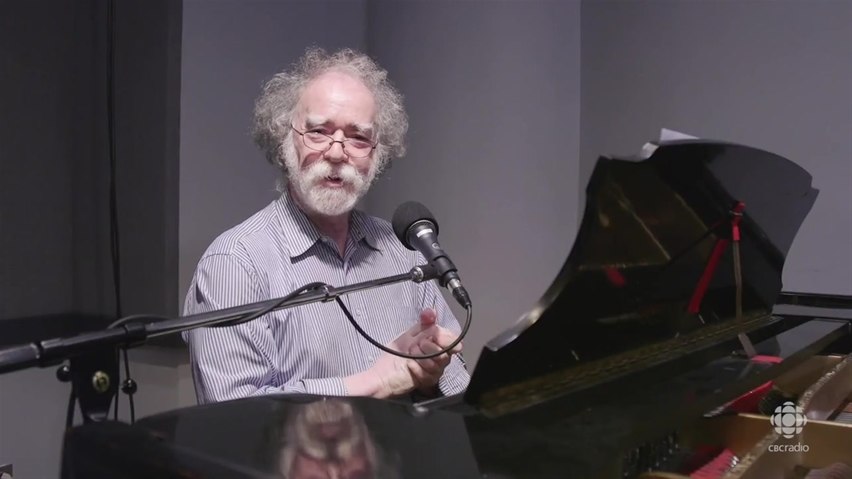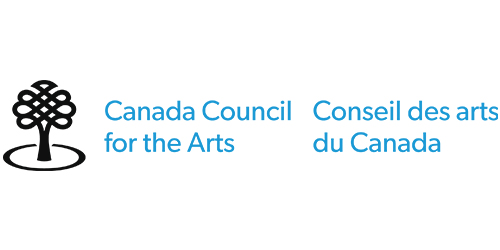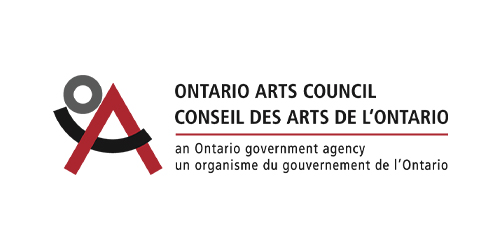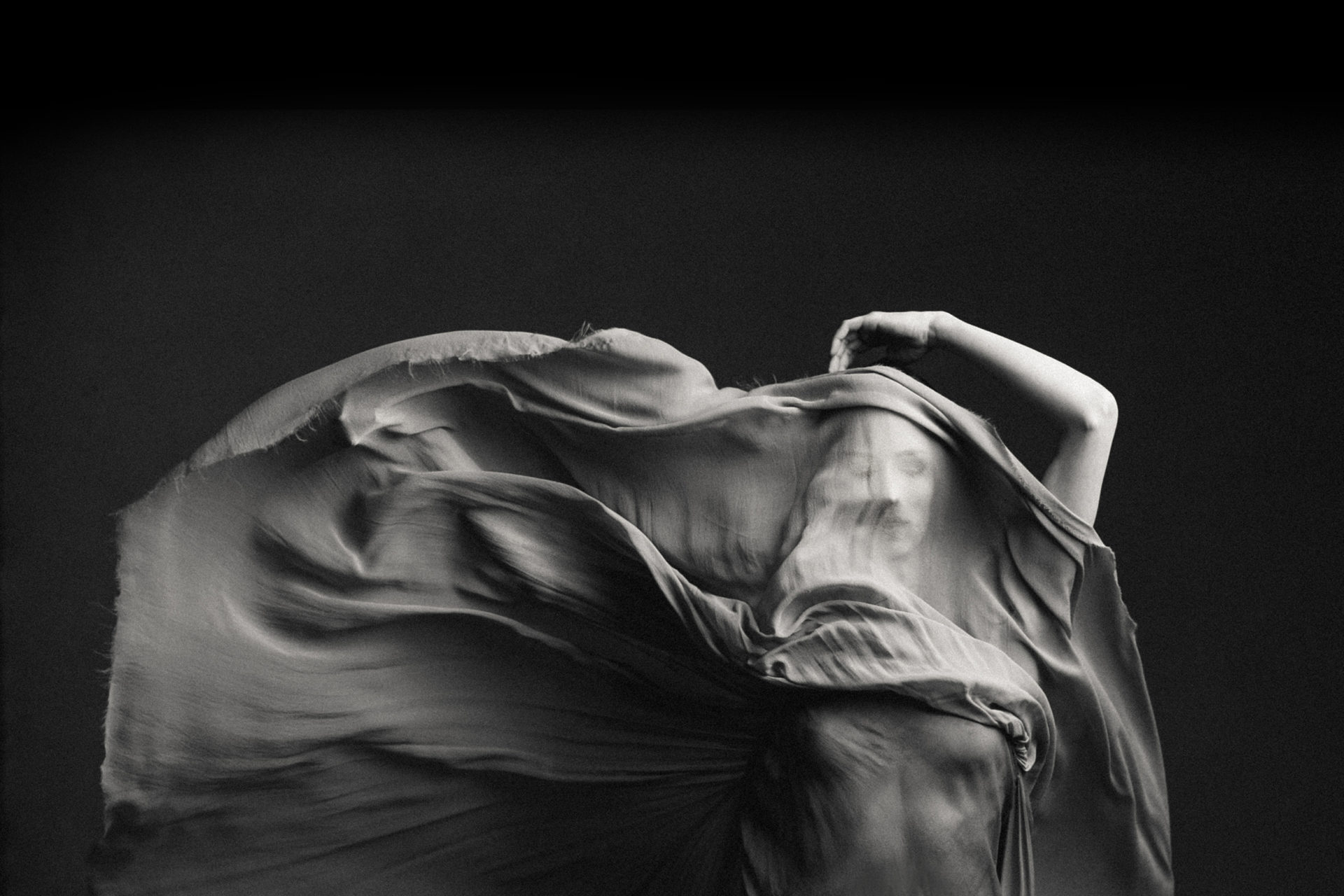by Robert Harris
Bach’s Passion according to St John has a longstanding problem. The arrest, trial and death of Jesus told in chapters 18 and 19 of the Gospel of John is dramatic, agonizing, visceral. And nothing is more shocking in the story and in Bach’s musical adaptation than the reaction of the Judean crowd to Pilate’s wheedling and entreaties, his vain attempts to save Jesus. The crowd is having none of it. “Crucify him,” they scream, again and again and again. Is there a human being who can hear the murderous hysteria of this scene, so agonizingly and thrillingly rendered by Bach into music, without shuddering in fear? Not me. I break into tears every time I hear that horrible “kreuzige ihn,” “crucify him,” flash across the dark musical sky of the Passion. It is one of the most horrifying moments in all of art, whether you’re a Christian or a Muslim, or an atheist, or an agnostic. It doesn’t make any difference.
But I am a Jew. And the problem of the Gospel of John is that it’s not just “the crowd,” or “the people” that John identifies as full of that murderous intent. It’s ”the Jews”: “die Jüden” in the Lutheran German text. That’s just what it says; there’s no escaping it. In the Middle Ages, when the Gospel of St John was read from pulpits on Good Friday, synagogues and Jewish businesses would routinely be attacked and vandalized after the service.
So what, as a Jew, am I supposed to do about the St John Passion?
What are any of us supposed to do?
So what, as a Jew, am I supposed to do about the St John Passion? What are any of us supposed to do? We can’t avoid the truth of the words and the music. This is the proof text of the ancient libel that “the Jews killed Christ.” Forget the fact that the entire Passion, in every chorale and aria, actually spells out a completely different theological vision, the Lutheran premise that it is the sinfulness of all of us, of all humankind, and specifically of all Christians, that made the death of Jesus necessary. And yes, we can educate ourselves about the schism between the nascent Christians of the first century CE and the traditional Jewish authorities that is the true background and explanation of John’s words. None of that matters, really. None of that makes the horrible evil of that “kreuzige ihn” screamed into our ears by “die Jüden” any less powerful. Whether intended by John or not, whether intended by Bach or not, the Passion is enclosed in an anti-Semitic embrace from which it cannot escape.
So what do we do? Do we ignore this, or try to look past it? Do we excuse it? Do we “cancel” it, refuse to present it? As a Jew, as a lover of art, as a human being, I say no. I say we sit with the pain of the reality of the St John, absorb it, reflect upon it, try to redeem it. The reason the St John Passion deserves to be performed still, 300 years after its composition, and in a world wildly different from its original context, is that the power of Bach’s musical imagination pierces so deeply into the common nature of the human experience, that to hear it—all of it—is a form of enlightenment and revelation. With the sublime, the demonic, the hateful, the glorious, all equally revealed to us.
Do we “cancel” it, refuse to present it? As a Jew, as a lover of art, as a human being, I say no.
I often try to imagine Bach conceiving of those choruses of Jews in Part 2 of the St John Passion. Try to imagine what went though his mind as he set pen to paper. And again and again, I find myself thinking that nothing went through his mind: that his musical instincts simply reacted to the scenes his imagination held up to him. That he had the true artist’s instinct not to hold back, to lean into them, to use the modern parlance, to create in the starkest and most extravagant forms he knew the musical truth of the world he was rendering. Yes, he created uneasiness in us as he did. Perhaps in himself as well. Uneasiness and disturbance that we need to accept, and endure. Sit with and try to overcome. The true redemptive nature of the St John Passion.
Robert Harris is a writer and broadcaster on music in all its forms. He is the former classical music critic of The Globe and Mail and the author of the Stratford Lectures and Song of a Nation: The Untold Story of O Canada.

Thank You to our Generous Donors
Tafelmusik is deeply grateful to our generous donors who have continued to support us through this challenging time. Your support has inspired us to remain strong and to deliver joy to our community through our music, and will enable us to persevere until we can once again perform live for you, our cherished patrons. Thank you for believing in Tafelmusik and in the power and beauty of music.
If you would like to make a gift, please click here or contact us at donations@tafelmusik.org.
Thank you to our government sponsors




